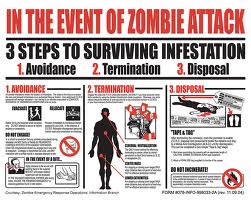Updated March 2016 – For more information on GcMAF, please join the GcMAF and GcMAF Cancer forums on Facebook – they are closed groups, so you have to wait for your membership to be confirmed. They contain up-to-date information on sources of GcMAF, and also feedback and contributions by people who are using GcMAF.
New developments on Breast Cancer and Cancer, culled from Google Alerts, for the week ending 18 April 2014.
Well, I was all geared-up for a glut of news developments because the American Association for Cancer Research recently held its annual conference, and was disappointed. Maybe the doctors are still partying away in San Diego!
For me, the top two eyecatchers this week is a study being done on spontaneous remissions – whether there is any genetic basis behind these miracle cures – and a blood test that has been developed that can predict recurrences. The final item is an editorial in Nature Journal about how we need a new approach to studying the genetics of cancer, it’s a long article about the Cancer Genome Atlas. What the article is saying is that the Cancer Genome Atlas has done a great job in amassing huge amounts of data, but simply cataloguing cancer mutations in the hope of finding a pattern isn’t delivering much-anticipated breakthroughs – we need to focus on the function of these genes as well.
Five people I’ve met who’ve had spontaneous remissions …



